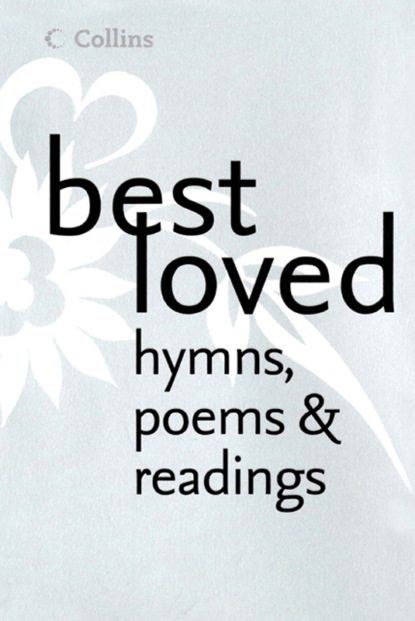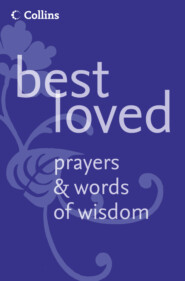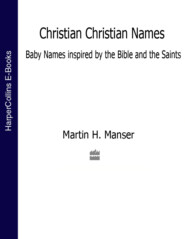По всем вопросам обращайтесь на: info@litportal.ru
(©) 2003-2024.
✖
Best Loved Hymns and Readings
Настройки чтения
Размер шрифта
Высота строк
Поля
Reclothe us in our rightful mind;
In purer lives Thy service find,
In deeper reverence, praise.
In simple trust like theirs who heard
Beside the Syrian sea
The gracious calling of the Lord,
Let us, like them, without a word,
Rise up and follow Thee.
O Sabbath rest by Galilee!
O calm of hills above,
Where Jesus knelt to share with Thee
The silence of eternity
Interpreted by love!
With that deep hush subduing all
Our words and works that drown
The tender whisper of Thy call,
As noiseless let Thy blessing fall
As fell Thy manna down.
Drop Thy still dews of quietness,
Till all our strivings cease;
Take from our souls the strain and stress,
And let out ordered lives confess
The beauty of Thy peace.
Breathe through the heats of our desire
Thy coolness and Thy balm;
Let sense be dumb, let flesh retire;
Speak through the earthquake, wind, and fire,
O still small voice of calm!
John Greenleaf Whittier (1807-92)
Death, be not proud (#ulink_1a3b9d3c-b703-5c40-ad90-b2d3ae233337)
John Donne’s ‘Death, be not Proud’ ranks among the most familiar of his Holy Sonnets probably written around 1610-11. It is often quoted at funerals as a refutation of death’s triumph over life. Donne himself had no doubt about the certainty of his own eventual resurrection, even having himself painted wearing a shroud and standing upon a funeral urn as he might appear at the Last Judgement.
Death, be not proud, though some have called thee
Mighty and dreadful, for thou art not so:
For those whom thou think’st thou dost overthrow
Die not, poor Death; nor yet canst thou kill me.
From Rest and Sleep, which but thy pictures be,
Much pleasure, then, from thee much more must flow;
And soonest our best men with thee do go –
Rest of their bones and souls’ delivery.
Thou’rt slave to fate, chance, kings, and desperate men,
And dost with poison, war, and sickness dwell;
And poppy or charms can make us sleep as well
And better than thy stroke. Why swell’st thou then?
One short sleep past, we wake eternally,
And Death shall be no more: Death, thou shalt die.
John Donne (c.1572-1631)
Death is nothing at all (#ulink_e25ba8d9-d5d4-5121-aed5-1d0952e529a0)
Henry Scott Holland was an English clergyman who served as Canon of St Paul’s Cathedral in the years 1884-1911. Although he also published sermons, various books on faith and a biography of Swedish soprano Jenny Lind, it is for this simple message of comfort to the bereaved that he is usually remembered. It is sometimes encountered in slightly altered form to include the lines ‘Let my name be ever the household word that it always was, Let it be spoken without an effort, Without the ghost of a shadow upon it.’
Death is nothing at all,
I have only slipped away into the next room.












